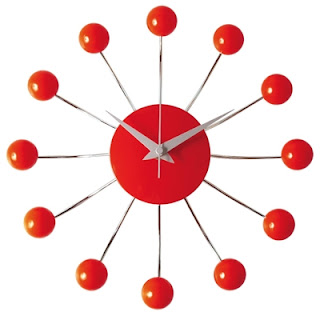Besos!
Walking Around Hurdles
I remember hearing the words autism spectrum disorder. Then
everything got fuzzy. The doctor’s words became a muffled succession of blah,
blah, blah. My eight year old son sat on the doctor’s table staring at me
blankly. How could he be autistic? He did not fit any of the symptoms that I
had been told about. I had an image in my head of what autism was and it seemed
so much more severe than this. The doctor explained that the form of autism my
son had was called Asperger’s syndrome. Asperger’s is a high functioning form
of autism that involves social awkwardness and repetitive behaviors, and as the
doctor continued to list the symptoms, she painted a clear picture of my
beautiful boy.
That first day I spent crying alone
in my room. I took this diagnosis very hard and tried to find ways to blame it
on myself. I felt guilty for having four other children. I felt selfish for
taking on so much when it was now apparent that my oldest son had special needs.
I had known that something was different about Noah for a long time. I couldn’t
understand why no one else could see what I saw in my son. He was bright and
sweet. He was considerate of others and loved me and his siblings very much,
always showing us with hugs and smiles. I could no longer ignore his other
behaviors though, the ones he showed mostly when around people he was
uncomfortable with. He wouldn’t speak and when he did it was choppy, off topic,
and monotone. He had twitches and couldn’t be without his Legos or a complete
tantrum would ensue.
After walking around like a wounded
animal for a couple of weeks, my depression began to grow. I couldn’t keep up
with the demands of my busy life. I finally looked in the mirror one day at the
bags under my eyes, my hair in disarray and said to myself, “what is wrong with
you”! I went into my room and called all of my children to come to me. We laid
down in my bed, barely big enough to fit my large clan, and cuddled. I looked
around at all of their faces and was reminded of why I should be grateful
instead of angry. Anger is a gateway emotion. It is only useful to help you to
get to a more useful feeling. You can use the anger to inspire you to rise up
and fight against the angst and make things right, or you can allow it to lead
you on a path of self-pity and depression. I had a good reason to be upset but
I had an even better one to rise above it. My son’s diagnosis was not my fault.
This was not a result of something I did or didn’t do.
From that day forward I decided that
this was not going to take over my life and it would not rule my son’s. People living with Asperger’s usually don’t
view the world in the same way as others. After many talks with my son, I
realized that he was not very aware that he was different. His way of
experiencing the world was internal. Everything that happened around him had
very little importance when compared to what happened inside his head. When
other students were mean, he couldn’t even tell most of the time. The problem
was mostly mine. I had to realize that he was fine. With some accommodations
from his school, he was finally enjoying it and catching up to the other student’s
level.
As
a mother, you wish that you can take on your children’s burdens so that they
never have to feel any pain, and if I could I would. But you realize that all of these burdens are just obstacles in our
paths that help to make us stronger people. My son is his own person, and he was just fine with his diagnosis and thought no less of himself. This was earth shattering only to me. My son, with only eight years of life in his pocket, showed me that life goes on. If you can’t get over the hurdles, walk around them. It has been three years since his diagnosis and we have come a long way. My son has his good days and his bad days and so do I, but we hold each other’s hand and face them together.
























